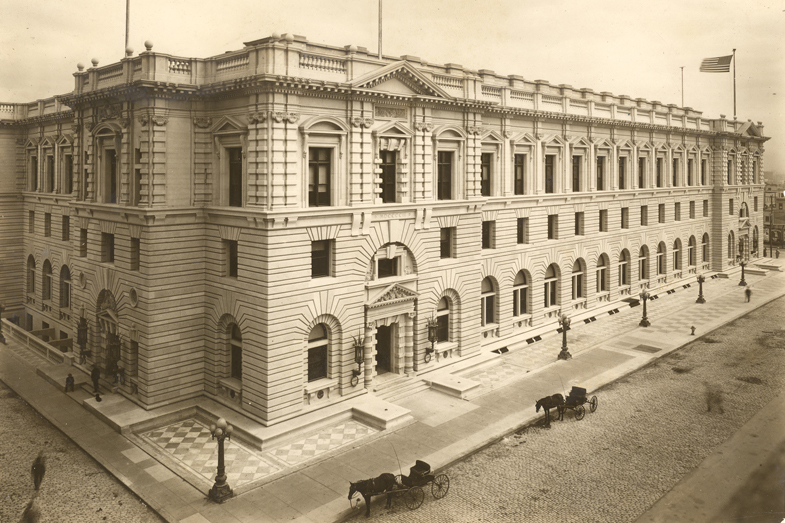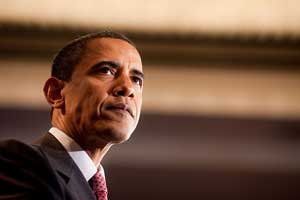On Wednesday, a British court ruled that the British government must release evidence of torture in the case of Binyam Mohamed. Mohamed is also one of the plaintiffs in a US court case, Mohamed et. al. v. Jeppesen. Mohamed and several other men who allege they were subjected to “extraordinary rendition”—that is, sent to other countries to be tortured—are suing Jeppesen Dataplan, the Boeing subsidiary they say was used to “render” them. But the Obama and Bush administrations have invoked the controversial state secrets privilege to try to prevent the case from even being heard in US courts. The British decision blows a hole in that strategy. Here’s why: The UK court has ordered the British government to release, among other things, records of the US government informing the British that Mohamed was tortured. Marc Ambinder explains why that’s crucial:
[T]he government routinely insists on the distinction between public information and publicly confirmed information. That is—just because some bit of classified information is widely known does not mean that the government has acknowledged it. And only information that the government has acknowledged can beat, in US courts, a state secrets claim.
Now the plaintiffs have exactly what they need to beat the state secrets claim—an acknowledgement by the US government that Mohamed was illegally interrogated. That will have huge implications for the Jeppesen lawsuit.
















